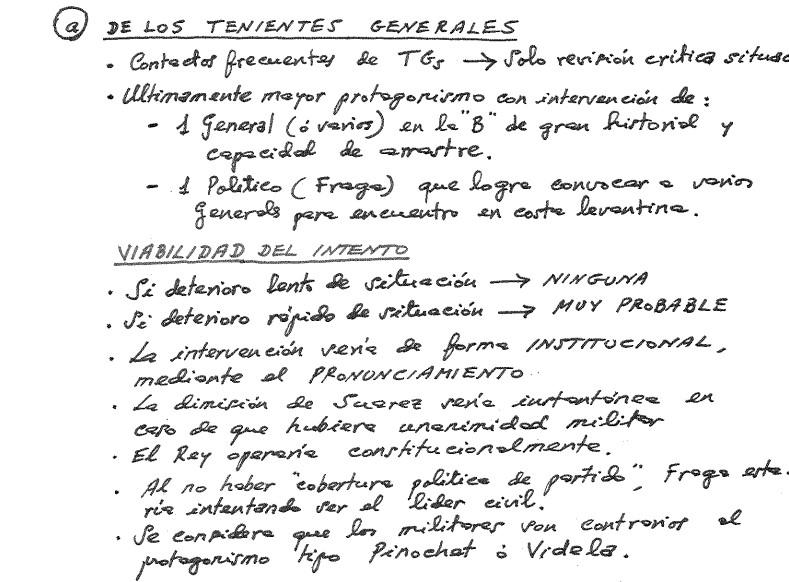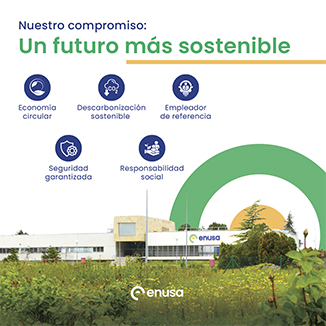[dropcap]A[/dropcap]tendemos impertérritos a situaciones que causan serios daños al medio ambiente, a declaraciones poco amigables con la protección ambiental de los políticos de turno, a la creación de legislación que pone trabas al desarrollo de tecnologías que permiten una actividad más sana, a compromisos rimbombantes que se desinflan con más rapidez que cuando se gestaron.
La educación, la visión de la gestión ambiental como requisitos a cumplir, regulaciones muy generalistas y poco técnicas (cada actividad empresarial y social debería tener la suya propia), vacíos legales, evaluaciones de impacto deficientes, falta de recursos y, probablemente, un sinfín de aspectos adicionales dificultan e impiden que las buenas voluntades en pro del medio ambiente se desarrollen de tal forma que no se dañe nuestro hábitat; de momento, el único que tenemos.
Cuando se habla de problemas ambientales se repiten los tópicos sobre la capa de ozono, el cambio climático, la lluvia ácida, el efecto invernadero, todos ellos relacionados, pero con escaso calado en el común de los mortales, ya que se atisban como muy lejanos y complicados. Preferimos que nos valoren por lo que tenemos, no por lo que somos, debido a las agresivas campañas comerciales que soportamos y esto hace que olvidemos nuestra contribución a esos grandes problemas que acosan a nuestros ecosistemas.
Asuntos más cercanos a nuestra vida diaria que contribuyen y tienen influencia sobre el medio ambiente son: el desarrollo urbanístico, el transporte, el turismo, deforestación, erosión, consumo, residuos, productos químicos. Reflexionemos: ¿qué estoy haciendo para contribuir a la mejora ambiental en estos aspectos?
¿Cuál es el uso de una buena casa si no tienes un planeta tolerable en el que ponerla? Henry David Thoreau.
Más información: Gesprosal.
Environmental management: Lack of will
[dropcap]W[/dropcap]e attend unperturbed to situations that cause serious damage to the environment, unfriendly statements with the environmental protection of the politicians of the day, to the creation of legislation that hinders the development of technologies that allow a healthier activity, to pompous commitments that deflate more quickly than when they were gestated.
Education, the vision of environmental management as requirements to be met, very general and less technical regulations (each business and social activity should have its own), legal gaps, poor impact evaluations, lack of resources and, probably, endless of additional aspects hinder and prevent good wills for the environment from being developed in such a way that our habitat is not damaged; for now, the only one we have.
When we talk about environmental problems, we repeat the topics about the ozone layer, climate change, acid rain, the greenhouse effect, all of them related, but with little depth in the common of mortals, since they are seen as very far away and complicated. We prefer that they value us for what we have, not for what we are, due to the aggressive commercial campaigns that we support and this makes us forget our contribution to those big problems that beset our ecosystems.
Matters closest to our daily life that contribute and have an influence on the environment are: urban development, transport, tourism, deforestation, erosion, consumption, waste, chemicals. Let’s reflect: what am I doing to contribute to environmental improvement in these aspects?
“What is the use of a good house if you do not have a tolerable planet to put it on?” Henry David Thoreau.
More information: Gesprosal.





















